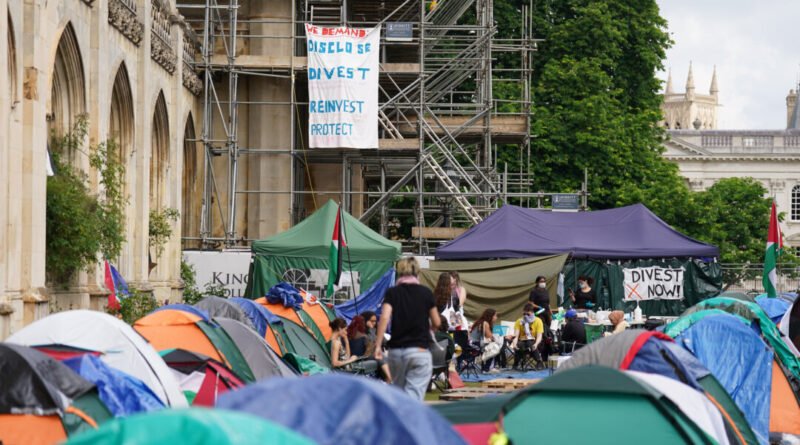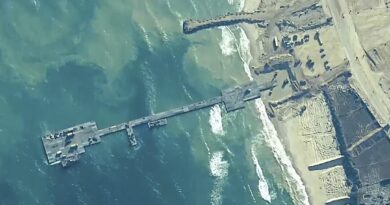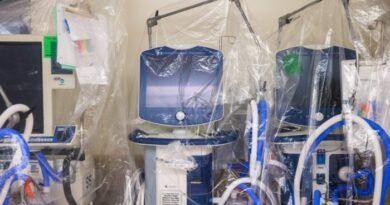Cambridge University to Reevaluate Arms Investments following Dismantling of Pro-Palestine Camp
An encampment supporting Palestine has been present at Cambridge University since May, urging university officials to meet their demands.
If the pro-Palestine protesters disband their camp, Cambridge University has announced that it will reassess its investments in the arms and defense industry.
Since May, the Cambridge Encampment for Palestine has been urging the university to cut all financial connections with organizations deemed complicit and has been residing on the lawn outside King’s College.
Following the deadly attack by Hamas terrorists on October 7, resulting in around 1,200 casualties and Israel’s subsequent ground offensive into Gaza, protests have been ongoing.
‘Responsible Investments’
In a statement titled “Upholding Our Values,” co-authored by Vice Chancellor Deborah Prentice, Pro-Vice-Chancellor for University Community and Engagement Kamal Munir, and Pro-Vice-Chancellor for Education Bhaskar Vira, the university affirmed on Tuesday its support for students’ rights to academic freedom, freedom of speech, and lawful protest.
However, it mentioned that its future actions are dependent on the dismantling of the encampment.
The university expressed its intent to review its stance on “responsible investments” in light of the humanitarian crisis unfolding in Gaza.
It acknowledged concerns raised by the Students’ Union-approved motion, various college-approved motions, and the students participating in the Cambridge Encampment for Palestine regarding the alignment of current investments with institutional values, particularly concerning the arms/defense industry.
It further committed to collaborating with the Task Force and the Working Group to reconsider its approach to responsible investment.
The university expressed solidarity with all those impacted by the tragic events in Gaza, Palestine, Israel, and beyond, underlining its dedication to participating in the rebuilding process.
Moral High Ground to Cause Mayhem
Protesters have created “liberated zones” at various universities, including Oxford, across the nation.
Some demonstrations have ties to the Palestine Solidarity Campaign and the radical activist group Palestine Action (PA).
In a show of protest, students and PA members sprayed red paint on Senate House, a venue used for graduations for centuries.
PA is employing a strategy centered on vandalism to shut down an Israeli arms manufacturer in the UK.
Lord Balfour, a prominent British statesman and former UK prime minister (1902-1905), issued the Balfour Declaration in 1917 as British foreign secretary, expressing support for a “national home for the Jewish people” in Palestine.
The declaration was pivotal in the movement for a Jewish homeland, leading to the establishment of Israel in 1948.
PA stated that the act symbolized “the suffering of the Palestinian people since the issuance of the Balfour Declaration in 1917.”
At that time, Lord Woodcock, the government’s independent adviser on political violence and disruption, criticized the vandalism on social media, emphasizing the need to uphold respect and not allow protestors to justify destruction for a cause.



